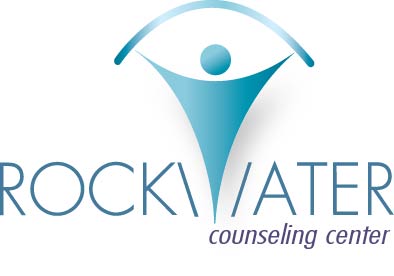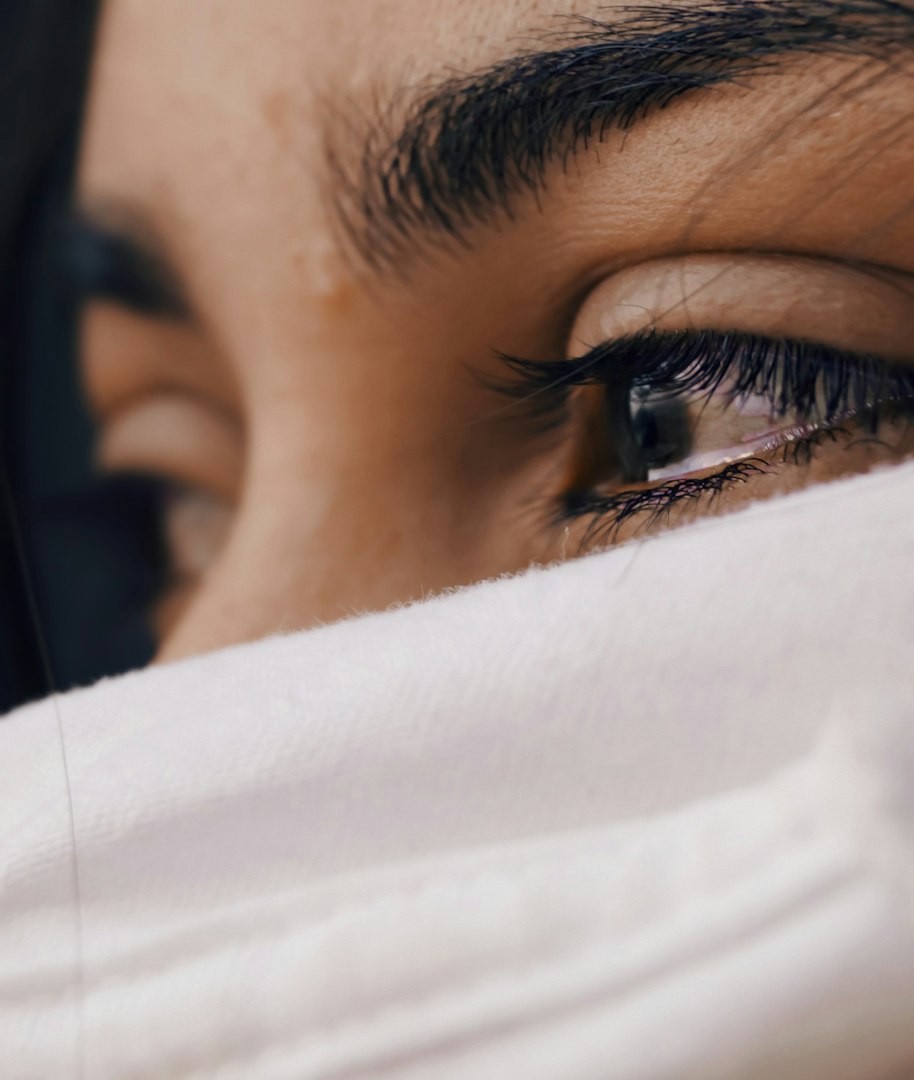
Anxiety/Depression
Anxiety disorders are the most common mental in the U.S. affecting 40 million adults according to the Anxiety & Depression Association of America (ADAA). It also is common for people that suffer from anxiety to have symptoms of depression.
Some anxiety disorders include:
Generalized Anxiety Disorder (GAD)
Panic Disorder (PD)
Social Anxiety Disorder
Specific Phobias
Stress
Obsessive-Compulsive Disorder (OCD)
Post-traumatic Stress Disorder (PTSD)
Related Illnesses
An individual can also suffer from a co-occurrence of anxiety which include other mental health conditions for example Adult Attention-deficit/hyperactive disorder (ADHD), Bipolar disorder, body dysmorphic disorder (BDD), eating disorders, Fibromyalgia,


